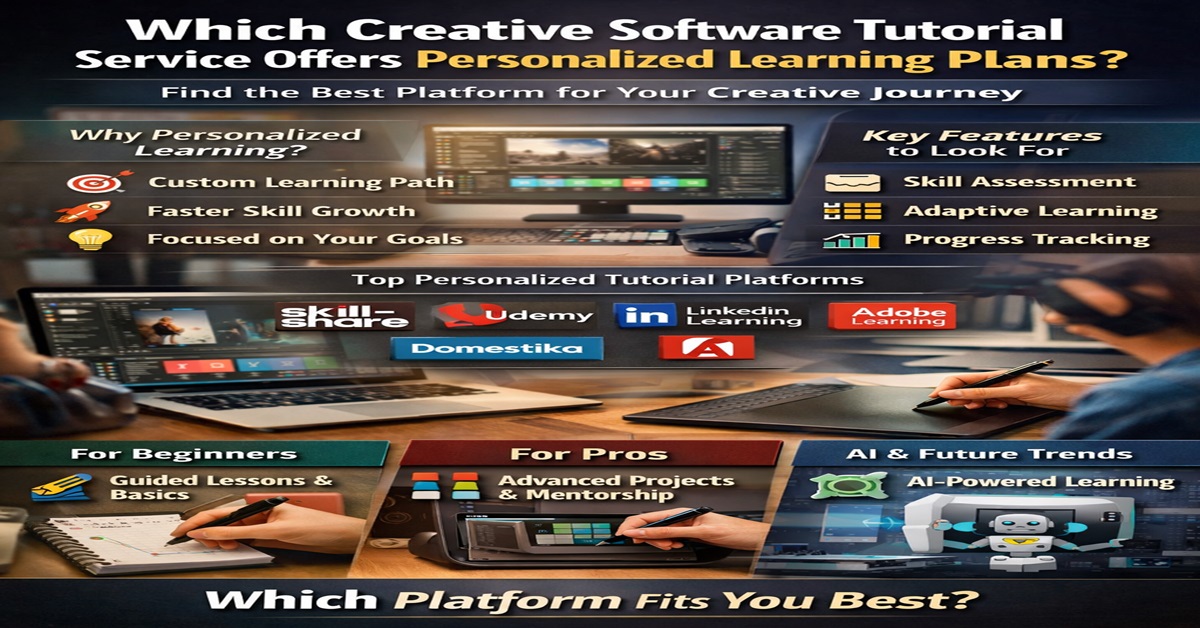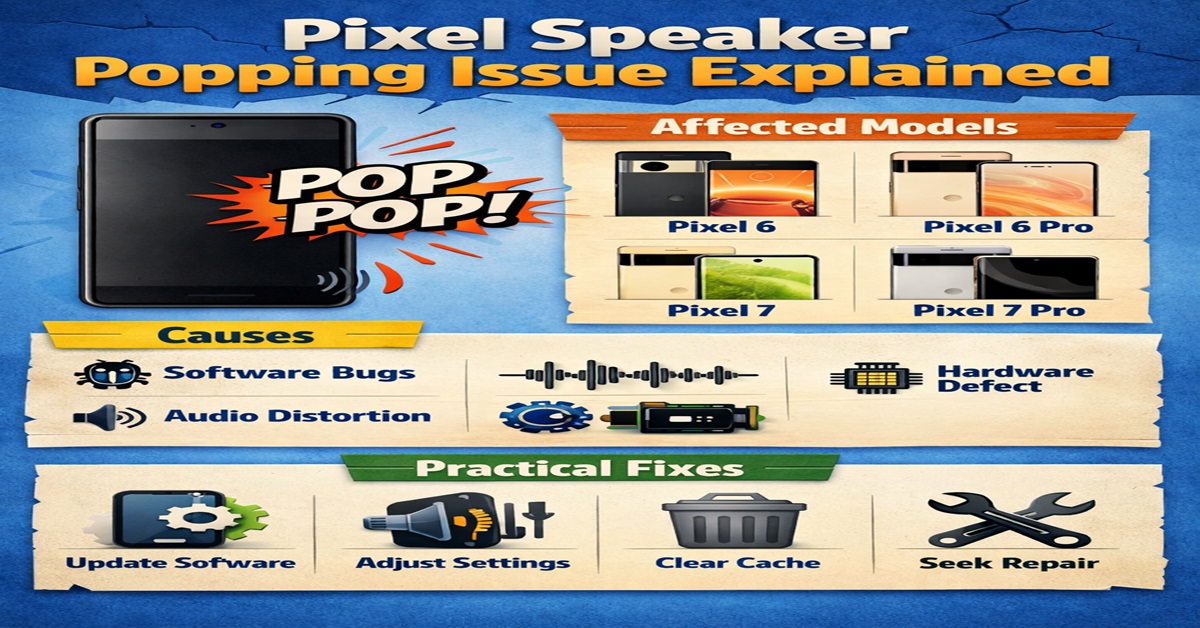Understanding Software Agents in Artificial Intelligence
Software agents are autonomous programs designed to perceive their environment, process information, and execute actions to achieve specific goals. In the realm of artificial intelligence (AI), these agents act as intelligent intermediaries that bridge data, systems, and human interaction. Unlike traditional software, AI-driven agents exhibit adaptive behavior, real-time learning, and goal-oriented decision-making, enabling organizations to automate complex workflows with precision.
Key Characteristics of AI Software Agents
AI-based software agents differ from conventional applications due to their ability to operate autonomously, communicate with other agents, and continuously evolve. The defining traits include:
- Autonomy: They execute tasks without continuous human oversight.
- Reactivity: They respond instantly to environmental changes and dynamic input.
- Proactivity: They anticipate future states and initiate actions to meet goals.
- Social Ability: They interact with other agents and systems to exchange data or collaborate.
- Learning Capability: They utilize machine learning algorithms to refine strategies over time.
Types of AI Software Agents
There are several categories of software agents in AI, each tailored for different functions:
1. Simple Reflex Agents
These agents act based on predefined rules and respond directly to current conditions. While fast, they lack the ability to plan for long-term consequences.
2. Model-Based Reflex Agents
By maintaining an internal model of the environment, these agents analyze historical data to make informed decisions beyond immediate conditions.
3. Goal-Based Agents
These agents work towards specific objectives. They evaluate potential actions and select the path that best achieves the desired outcome.
4. Utility-Based Agents
Instead of just meeting goals, utility agents consider multiple outcomes, calculating which action delivers the highest overall benefit.
5. Learning Agents
Powered by reinforcement learning and neural networks, these agents enhance their performance continuously through feedback and experience.
Core Applications of Software Agents in AI
Business Process Automation
AI agents streamline workflows by automating repetitive tasks such as scheduling, data entry, and document processing. This reduces human error and accelerates productivity across industries.
E-Commerce and Personalization
Software agents drive recommendation engines, analyze consumer behavior, and deliver hyper-personalized shopping experiences. Intelligent pricing agents also adjust product prices dynamically based on demand.
Cybersecurity and Threat Detection
Intelligent agents monitor network traffic, detect anomalies, and initiate defensive actions against potential cyber threats. Their predictive analysis capabilities prevent breaches before they occur.
Healthcare and Diagnostics
In healthcare, AI agents analyze patient data, medical imaging, and lab results to assist in diagnostics and treatment planning. They ensure faster, evidence-based decision-making.
Financial Services and Trading
Automated trading agents use predictive models to execute trades at optimal prices, monitor market fluctuations, and manage risk with unmatched speed and precision.
Smart Assistants and IoT
Virtual assistants like Siri, Alexa, and Google Assistant rely on AI agents to interpret voice commands and perform tasks. In IoT environments, these agents manage connected devices, ensuring energy efficiency and real-time control.
The Architecture of Intelligent Software Agents
Perception Layer
This layer collects input data through sensors, APIs, or other systems, giving agents a comprehensive understanding of their environment.
Decision-Making Engine
Using AI algorithms, the engine processes data, evaluates scenarios, and selects the most effective action to achieve predefined objectives.
Action Layer
Once decisions are made, agents execute commands through actuators, robotic components, or digital interfaces, delivering tangible results.
Learning and Adaptation Layer
Through continuous feedback loops, agents improve their strategies by adapting to new data patterns and environmental changes.
Benefits of Deploying Software Agents in AI
- Scalability: Easily handle large-scale processes without additional human labor.
- Cost Efficiency: Reduce operational expenses by minimizing manual intervention.
- Accuracy: Eliminate human errors in repetitive or high-stakes tasks.
- Speed: Process and analyze vast amounts of data in real time.
- Flexibility: Adapt to changing business needs or system upgrades seamlessly.
Challenges Facing AI Software Agents
Despite their capabilities, several hurdles must be addressed:
- Ethical and Security Concerns: Agents must be safeguarded against malicious manipulation.
- Complexity in Integration: Incorporating agents into legacy systems requires robust architecture.
- Data Dependency: Poor-quality data limits agent performance and decision-making accuracy.
- Transparency: Black-box models make it difficult to explain decisions, raising regulatory concerns.
Future Trends in AI Software Agents
1. Multi-Agent Collaboration
Future applications will involve cooperative networks of agents that communicate and coordinate across industries, enhancing efficiency.
2. Edge AI Agents
With the growth of edge computing, agents will perform tasks locally on devices, reducing latency and improving real-time decision-making.
3. Autonomous Decision Ecosystems
Entire ecosystems of agents will operate independently in finance, logistics, healthcare, and defense, making optimized decisions without human interference.
4. Human-Agent Hybrid Models
Organizations will adopt human-in-the-loop systems to combine AI speed with human judgment, ensuring ethical and context-aware decisions.
5. AI Governance and Regulations
Future AI agents will be governed by global compliance standards, ensuring they operate transparently, securely, and ethically.
Conclusion: The Strategic Power of Software Agents in AI
As industries accelerate digital transformation, AI-powered software agents stand at the forefront of innovation. Their ability to analyze, decide, and act autonomously positions them as indispensable tools in sectors ranging from healthcare to finance. By adopting these intelligent systems, organizations gain a competitive edge, drive operational excellence, and prepare for a future where automation and intelligence converge seamlessly.






